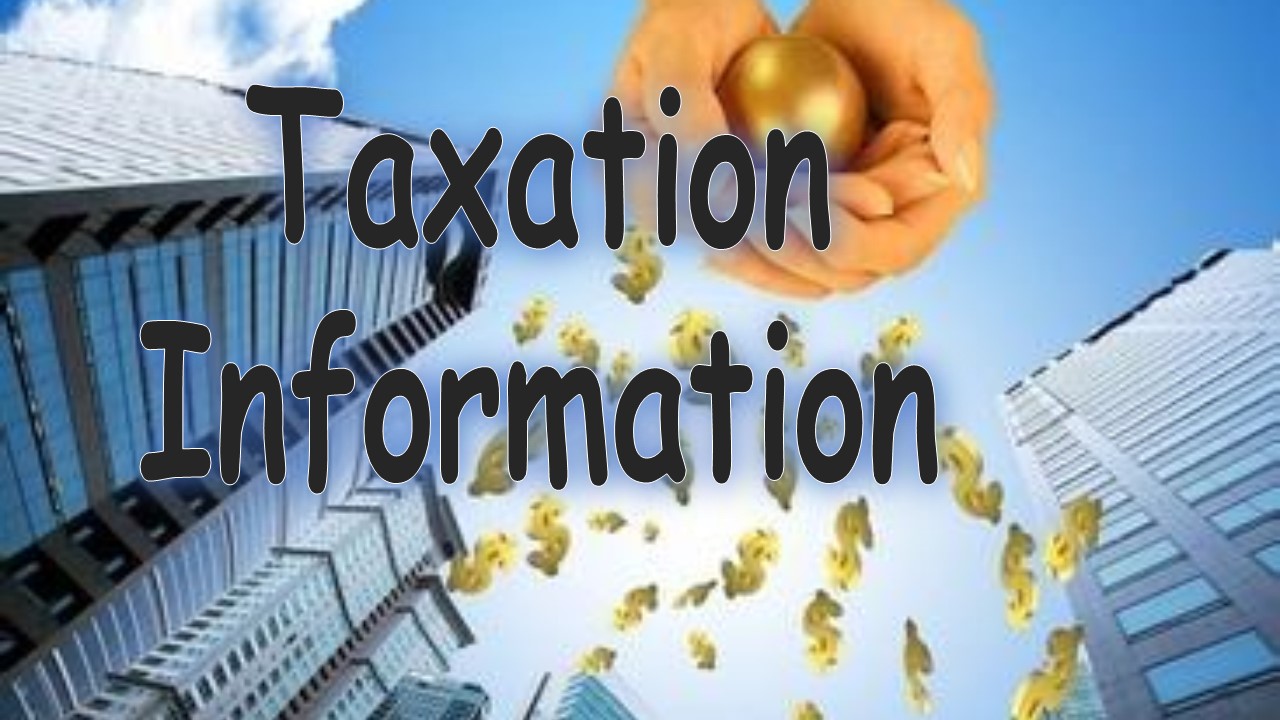The National Taxation Bureau of Taipei (hereinafter referred to as the NTBT), Ministry of Finance stated that, in accordance with Decree No. 745 issued by the Judicial Yuan and taking into account the principle of fair taxation, streamline administration and convenience, the President promulgated the provisions of amended Article 14 of the Income Tax Act on July 24, 2019. Based on the amended Article 14, taxpayers can choose the lower amount of income from salaries and wages under lump sum deduction method or under necessary expense deduction method for filing 2019 individual tax return.
The NTBT stated that in accordance with category 3 of amended Article 14 of the Income Tax Act, the income receiver can choose lump sum deduction method or necessary expense deduction method for computation of amount of income from salaries and wages. Under lump sum deduction method, amount of income from salaries and wages is the balance which is the amount of all salaries and wages minus special deduction of income from salaries and wages which is NT$200,000 for 2019. If the balance is negative, the amount of income from salaries and wages shall be counted as zero. Under necessary expense deduction method, amount of income from salaries and wages is the balance which is the amount of all salaries and wages minus total amount of the necessary expenses which are directly related to services rendered and paid by the income receiver. If amount of income from salaries and wages under necessary expense deduction method is lower than that under lump sum deduction method, taxpayers can choose the lower one to file his(her) individual tax return with relevant supporting documents submitted.
The NTBT further stated that there are three types of the aforementioned necessary expenses as follows:
1.Vocational clothing expenses: The expenses of purchase, rental, cleaning, and maintenance of special clothing which must be worn for performing an occupation or performance costumes. The annual deduction for each person is limited to 3% of the total salaries and wages in performance of his (her) vocation.
2.Upgrading training expenses: The training expenses of participating in courses at specified institutions for the specific skills or expertise which is required to perform duties, do work or follow legal requirements. The annual deduction for each person is limited to 3% of the total salaries and wages.
3.Vocational tool expenses: The expenses incurred in purchasing books, periodicals, and tools for performing duties or doing work. If the efficiency of vocational tools is not exhausted within two years and the expenditure exceeds a certain amount, such tool shall be depreciated or amortized. The annual deduction for each person is limited to 3% of the total salaries and wages in performance of his (her) vocation.
Take individual Mr. A who is a professional manager and works for a fund company as an example. Mr. A’s annual salary is NT$8 million for 2019. In order to keep to date with the latest development in laws and regulations and operation of financial products, upgrade professional skills, Mr. A takes professional courses at vocational training institutions approved by the government at Mr. A’s own expense, and pays the annual training expenses of NT$300,000. Accordingly, Mr. A can claim training expenses deduction at most NT$240,000 〔(NT$8 million × 3%) < the actual expenditure of NT$300,000〕. Mr. A’s NT$240,000 (under necessary expense deduction method) is higher than NT$200,000, i.e. special deduction for salaries and wages, (under lump sum deduction method), Mr. A can choose to file his(her) tax return with salary income of NT$7.76 million and shall submit relevant supporting documents of necessary expenses while filing.
The NTBT stated that the aforementioned amendment is retrospectively implemented on January 1, 2019, and it applies to file 2019 individual income tax return in May 2020. If an income receiver has the aforementioned three types of necessary expenses which are directly related to services rendered and paid by the income receiver, he(she) can collect relevant supporting documents and choose the most advantageous method to file individual income tax return.
(Contact: Mr. Lu, Section Head of Second Examination Division; 886-2- 2311-3711 Ext. 1550)


